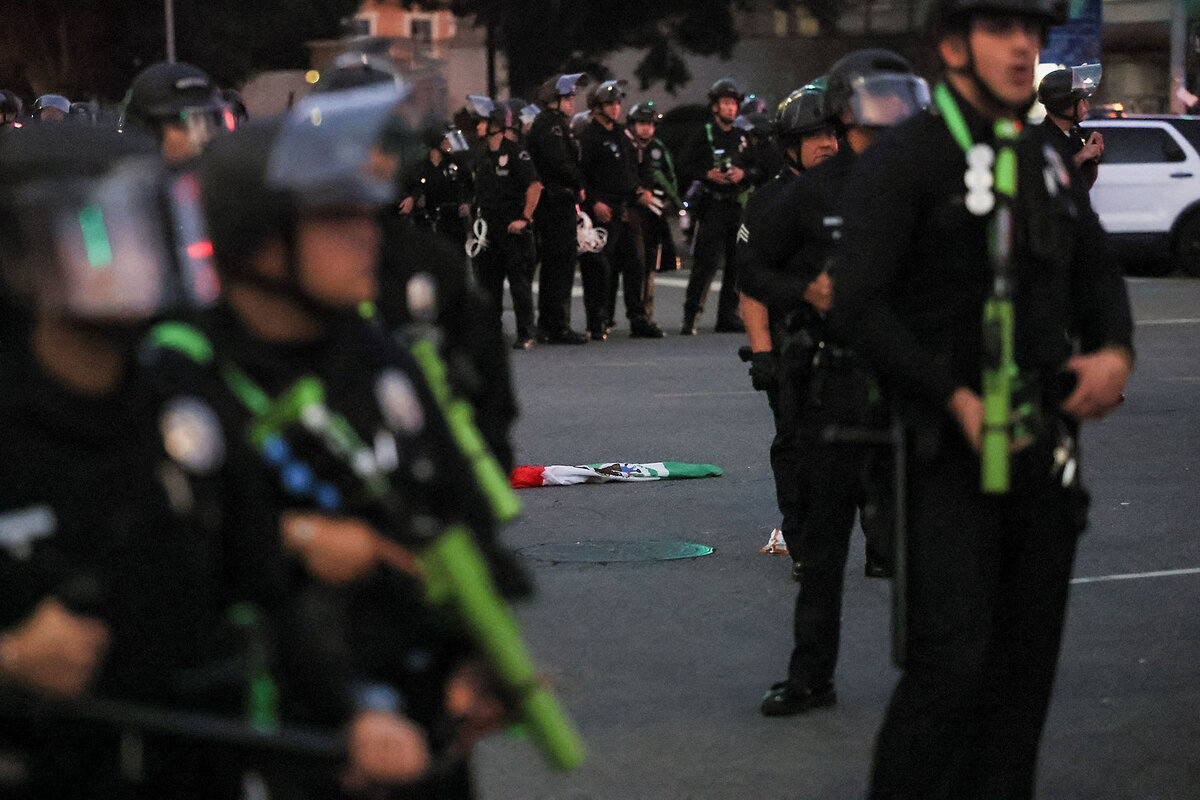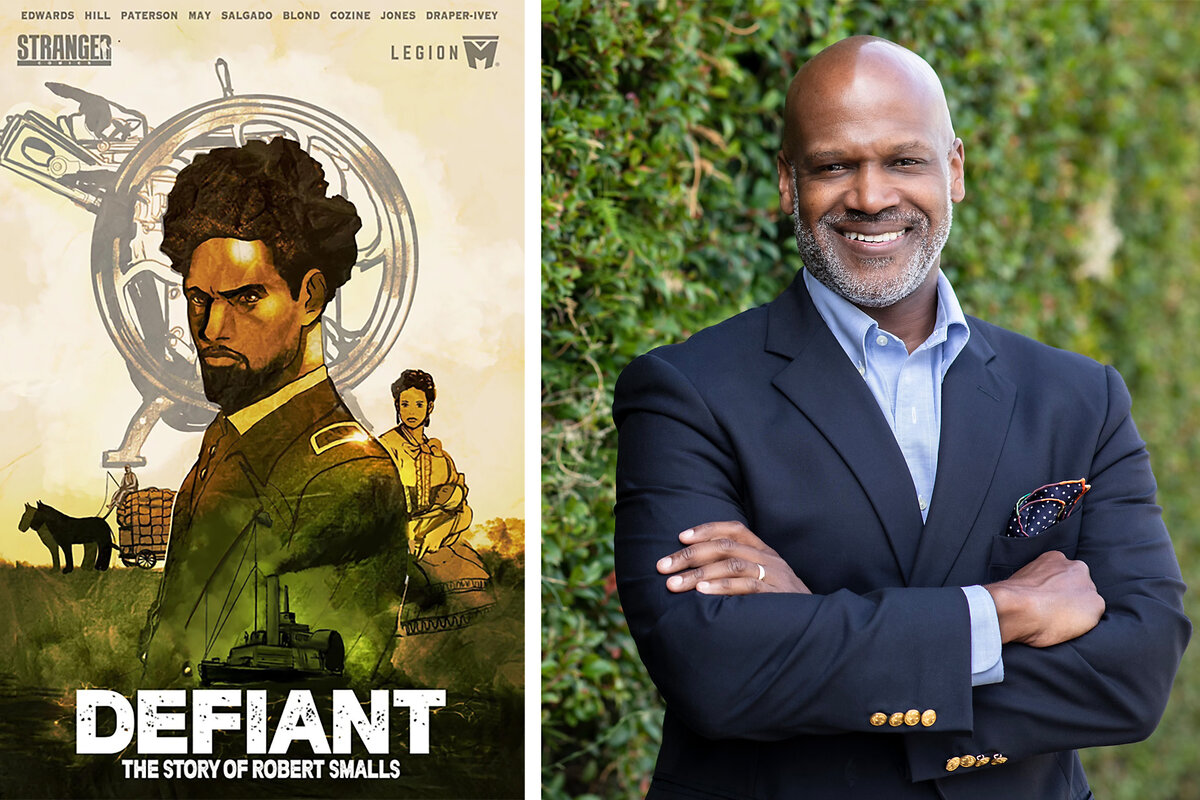Iran pushed back on the U.N.’s nuclear watchdog. It told the International Atomic Energy Agency, without details, that it plans to open a new uranium enrichment facility in response to the watchdog's board of governors declaring it in breach of non-proliferation obligations on Thursday, an agency official said. Iranian state TV said the move by Iran was one of several measures being taken because of the resolution. – Reuters
The U.S. and China settled on some tariff terms. The United States will get rare earth minerals, and Chinese students can attend U.S. universities in a deal announced by President Donald Trump Wednesday. Tariffs on Chinese goods will rise to 55%, up from the 30% levy set in Switzerland during talks in May. Mr. Trump says the deal is subject to final approval by him and Chinese leader Xi Jinping. – The Associated Press
Gaza aid-distribution sites remain under fire. The Gaza Health Ministry said another 36 people were killed and 207 wounded near sites run by the Israeli and U.S.-backed Gaza Humanitarian Foundation. It said Wednesday that the Palestinian death toll from the 20-month Israel-Hamas war had climbed past 55,000. Overnight, Hamas and Israel made competing claims about a clash between Gaza’s Hamas-run police force and an Israeli group. – AP
Related Monitor story: Amid continuing war, we spoke to Palestinians and Israelis who say it’s imperative to talk peace.
The EPA made a move on emissions. The Environmental Protection Agency announced Wednesday that it planned to repeal a 2024 rule requiring power plants to cut carbon emissions by the 2030s. That Biden-era rule had established the first legally enforceable deadlines for carbon reductions in the electricity sector, which is the No. 2 source of emissions in the U.S. The industry and their GOP allies had raised questions about the timeline, the commercial viability of emissions reduction technology, and the potential for strain on the electric grid. – Staff
New York approved an assisted suicide bill. The bill, now waiting for the governor’s signature, would allow a person with an illness deemed incurable to be prescribed life-ending drugs if he or she gets approval from two physicians. Opponents have argued the state should instead improve end-of-life medical care or have objected on religious grounds. Eleven other states and Washington, D.C., have laws allowing medically assisted suicide. – AP
The Smithsonian is reviewing its content. The decision this week by the Board of Regents follows a March executive order by President Trump to remove “improper, divisive, or anti-American ideology” at the Smithsonian’s 21 museums. The Wall Street Journal called the review a victory in the White House’s bid to reshape American’s cultural institutions. – Staff
An iconic American songwriter leaves a rich legacy. Brian Wilson, the Beach Boys co-founder who died Wednesday, was one of the most influential American songwriters of the 20th century and the face of the Grammy-winning band, which would sell 100 million records and be inducted into the Rock & Roll Hall of Fame. Known for surf-pop hits like “California Girls,” Mr. Wilson was also an experimenter. His acclaimed “Pet Sounds” inspired other concept albums, including the Beatles’ “Sgt. Pepper’s Lonely Hearts Club Band.” It won a place in the Library of Congress’ National Recording Registry for its cultural, historical, and aesthetic significance. – Staff












